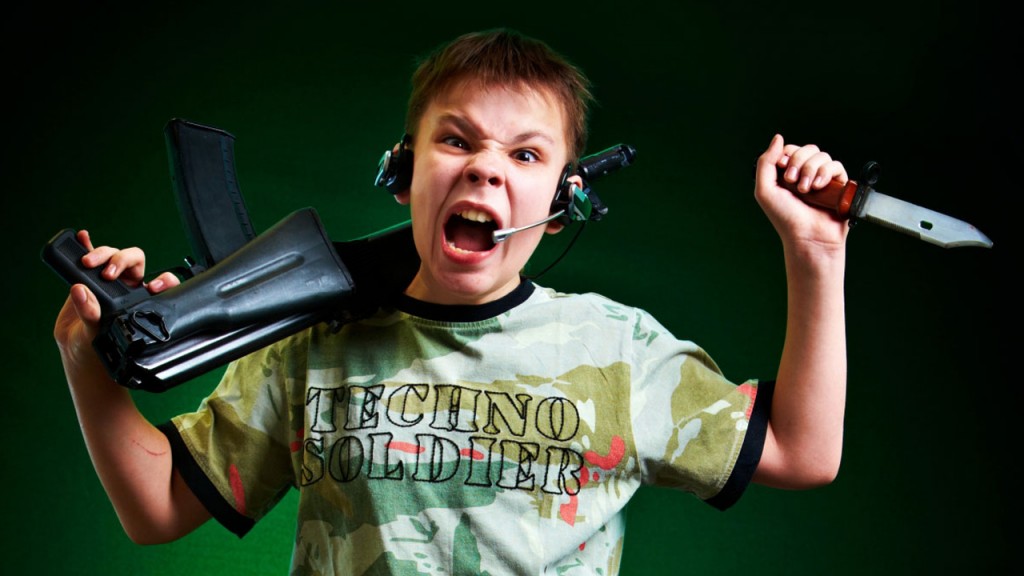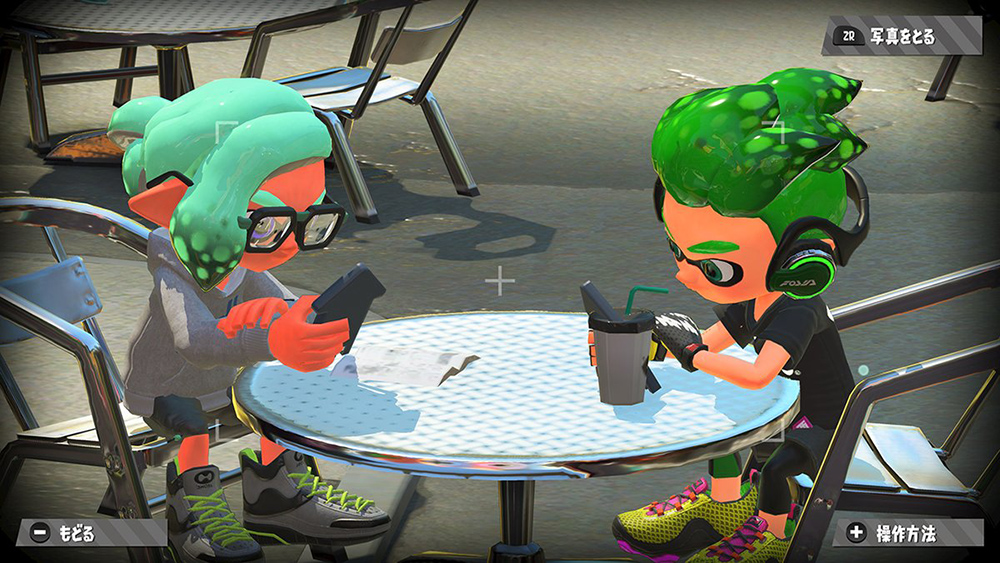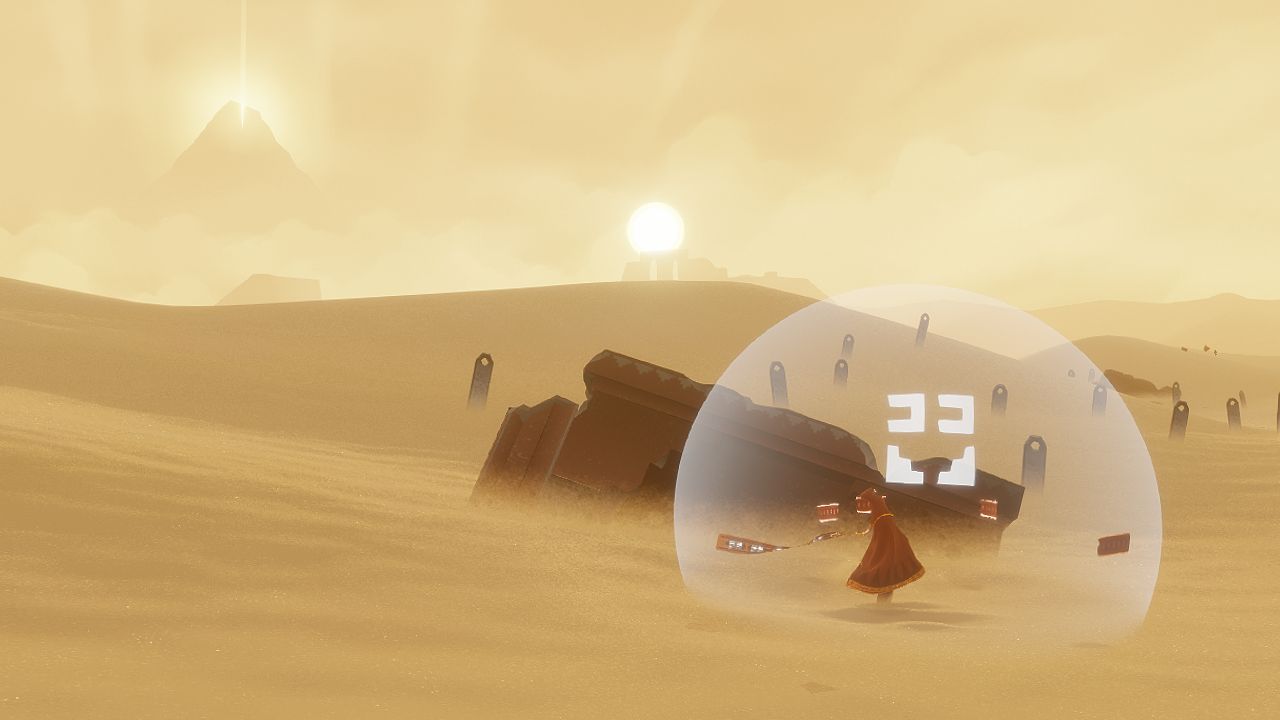I hope Nintendo never implements a better voice chat system on the Switch. There. I said it.
Let’s start my first opinion piece for VGCHQ with some hate. I hate phone calls. Always have, to be completely honest. Voice-only communication grates on me. Phone calls can be awkward. Text is better than voice for a number of reasons, particularly when you can’t see someone’s face/body language.
I also hate the anonymity of the internet. I subscribe to John Gabriel’s internet ****-wad theory. The internet and our screen-names just turn us into monsters most of the time — myself included.
I hate the combination of these things in-game in the form of the game industry’s expectation of voice chat. The arguments against voice chat are well worn. Sure, I don’t wanna be called obscenities. But it’s more subtle than that.

I hate headsets – they’re clunky and add another layer of hardware/cords/attention to sacrifice. I don’t like the diversity of ages I’m exposed to in online chat. It’s just awkward and cringe-worthy most of the time and it lessens my experience of the game. I don’t like the abuse or the pressure either. This is a team of strangers that will likely only last a match or two. What could I possibly learn from them? Also — sometimes I’m just freaking chilling or multitasking or don’t want to talk (but still want to express myself in a way that helps my team).
I hate what humans become on voice chat… and I think it’s time we take a good hard look at our expectations for this because as much as Jeff from Overwatch can make us feel guilty… it only takes one toxic person to ruin a game and maybe even ruin an experience for someone.
And as we expand our medium to bigger audiences and larger influence, we should look at how some of our collective expectations are limiting the ability for this wonderful medium to spread.
Because boy do I love videogames. And boy do I love cooperative play. And loving these things, it seems like I also have so somehow grow to love anonymous strangers without bodies or faces, talking to me to cooperate.

Why? Why is this considered a “must-have” feature for platforms and games themselves? Why do game designers lean on this crutch and why do we let them? Especially when most people agree that voice chat almost always turns toxic.
To be clear — I’m not saying voice chat shouldn’t be an option if the developer sees fit. I think friends talking to friends makes sense and some people like chatting with strangers. Cool.
The problem is that when as an industry we assume a “social standard” like this — it limits creative solutions to the communications problems.
Check any review of an online game from the last 5-10 years. If there’s no voice chat, or if a system doesn’t have a “party system” it’s assumed to be a flaw. Heck, look at the previews of the original Splatoon. We’re addicted to voice as much as we hate it.
Most communication in the real world is NON-VERBAL. Think about that.
Humans communicate in a broad array of ways and most of them are non-verbal. Why do we force voice so prominently in our games then?

Take Splatoon 1 and 2. Both releases saw a bit of teeth-gnashing over lack of voice chat (or complicated voice chat). No doubt these games took hits in their reviews because of it.
But the game was designed around NO voice chat. It has many creative little touches that support this decision. Could it use more communications methods, sure. They implemented them clunkily-as-hell in Splatoon 2. So we got what we wanted.
But I wonder, if our industry hadn’t raked Splatoon 1 over the coals, what would have happened? Maybe the team could’ve innovated even further in the non-verbal components of the game. Maybe it could’ve inspired other games coming out over the next couple years.

This is why, in a weird way, I hope the Switch doesn’t implement traditional party systems or voice chat. And I’m happy it didn’t launch with them.
Look at some of the heartwarming or funny moments of Overwatch. Sometimes all it takes is a bumping dance track over the microphone WITHOUT a voice to get a team to groove and have a good time regardless of outcome.
Maybe my gaming history is just weird. But my most fun online game moments haven’t necessarily involved voice. All the way back in the Dreamcast days, typing and macros and ASCII on Phantasy Star Online lead to some genuinely great moments and friendships, staying up until 5am after my pizza delivery job with a Dreamcast keyboard and homemade labels for pre-set phrases.
Splatoon — without speaking — has all eight members of a team partying in the middle of the stage and just dancing/goofing about/splatting each other.
Emergent communications. Look. We spend our whole lives talking in this reality. Games are an opportunity to test out other realities.

I hope Splatoon is the start of something larger in the gaming landscape. Like Journey and Dark Souls before it — I hope game developers try more ways of non-verbal communication. And I hope players and reviewers try to look at them with open eyes.
Not every human was born of competitive multi-player with voice chat. But every human likely has something to add to a given game.
Let’s not try to change human behavior. Let’s change the way we play our games, review them, and expect to communicate in them.
In games, we can be anything. Let’s communicate like it.
